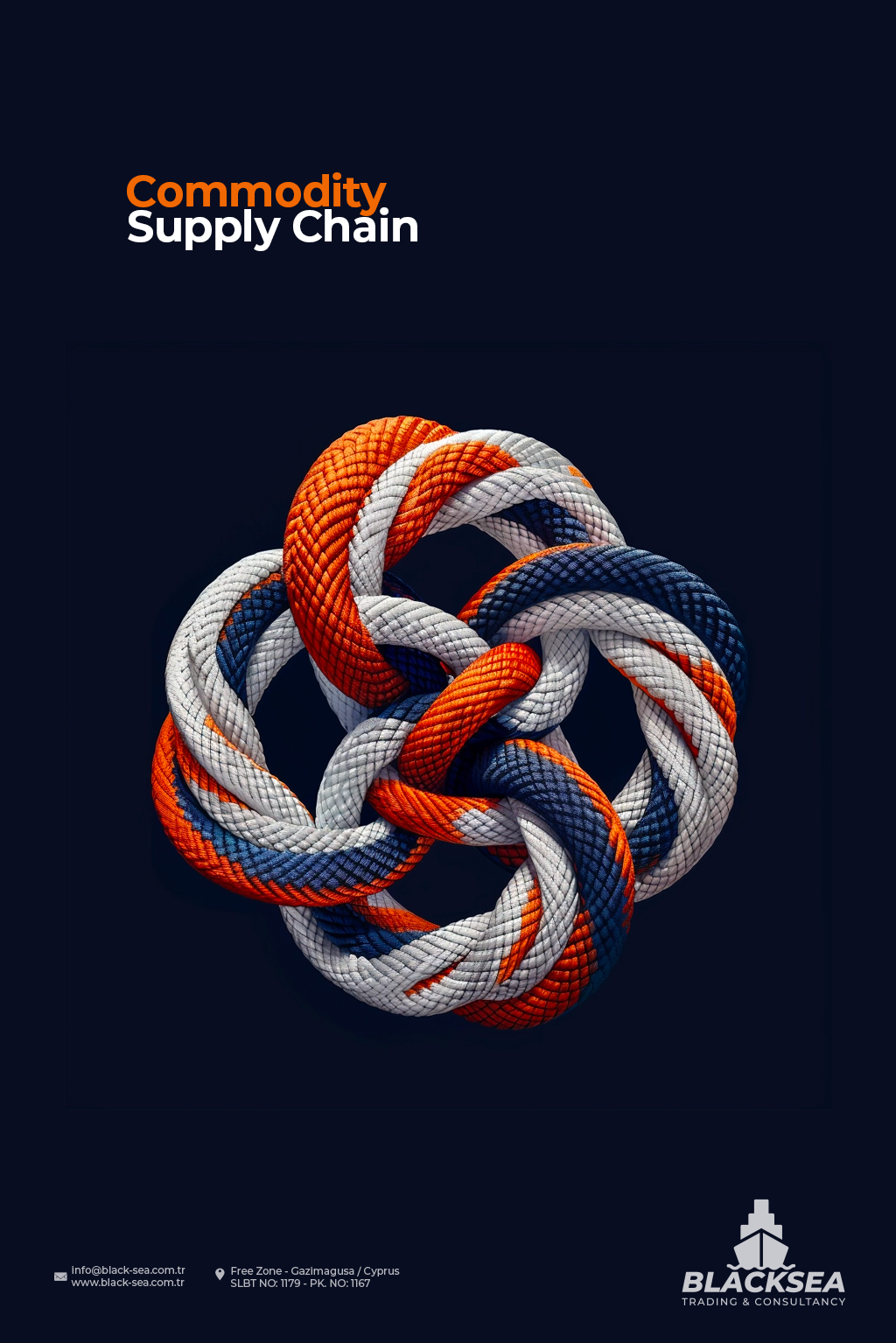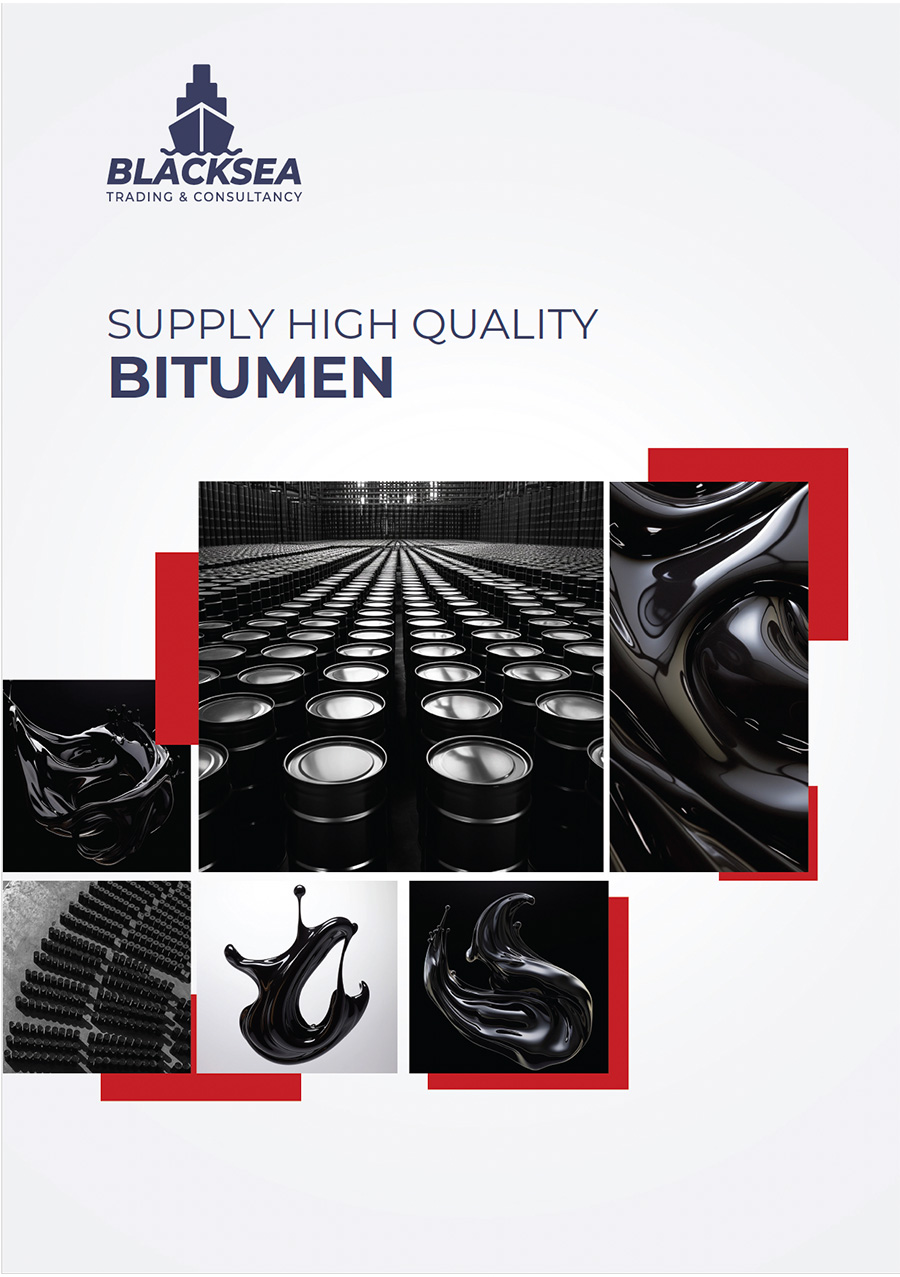
When engaging in foreign trade, particularly with unfamiliar parties or in new markets, it’s crucial to be vigilant against potential fraudsters. Here are some key considerations and red flags to watch out for:
Buyer and Seller Due Diligence:
Research the Company: Verify their existence through chambers of commerce, embassy contacts, or reputable information services. Don’t rely solely on their website.
Check References: Contact listed references and verify their legitimacy. Reviews on business-to-business platforms can be helpful too, but be cautious of fake reviews.
Financial Background Checks: Consider credit reports from specialized firms or government services (like the U.S. Commercial Service’s International Company Profile).
Red Flags in Communication and Transactions:
Unrealistic Offers: Super low prices or high-profit margins compared to market value can be a sign of bait-and-switch tactics.
Unusual Payment Requests: Avoid upfront payments, especially through insecure methods like wire transfer. Look for secure payment methods with buyer protection, like letters of credit or escrow services.
Pressure and Urgency: Fraudsters often try to rush deals through, bypassing proper procedures. Trust your gut; a legitimate transaction shouldn’t require immediate decisions.
Inconsistent Communication: Watch out for inconsistencies in communication style, grammar, or knowledge of your industry.
Vague or Missing Information: If a company is hesitant to provide basic details about themselves or the product, that’s a red flag.
What to Avoid in Goods and Financing:
Shipping Goods Before Payment: This is a major risk. Use secure payment methods with buyer verification before releasing goods.
Cash Payments: Cash is difficult to trace and leaves no paper trail. Opt for secure bank transfers or established payment methods.
Unfamiliar Financing Instruments: If a financing option seems complex or unheard of, research it thoroughly before getting involved.
Remember: Trust your instincts. If something feels off, it probably is. Don’t hesitate to walk away from a suspicious deal.
A hypothetical case example illustrating potential fraud in foreign trade
Case Example:
Background:
ABC Trading Company, based in the United States, specializes in importing electronic goods from overseas suppliers for distribution in the domestic market. In search of a new supplier for smartphones, ABC comes across XYZ Electronics, a purported manufacturer based in a developing country known for its competitive prices.
Initial Contact and Due Diligence:
ABC initiates contact with XYZ Electronics through an online trading platform. XYZ presents itself as a reputable manufacturer with a long history of supplying high-quality smartphones to international clients. ABC conducts initial due diligence by researching XYZ’s company profile, checking online reviews, and verifying its business registration and credentials with the relevant authorities in the supplier’s country.
Red Flags and Warning Signs:
Despite XYZ Electronics’ impressive online presence and seemingly legitimate documentation, several red flags and warning signs emerge during the negotiation process:
Unrealistically Low Prices: XYZ offers smartphones at significantly lower prices than those of competitors in the market. While ABC initially views this as a lucrative opportunity to increase profit margins, the pricing raises suspicions about the authenticity and quality of the products.
Evasive Communication: When asked to provide detailed specifications, product samples, or references from previous clients, XYZ Electronics becomes evasive and provides vague responses. They avoid scheduling face-to-face meetings or factory visits, citing logistical challenges and tight production schedules.
Pressure Tactics: XYZ pressures ABC to expedite the purchasing process by offering exclusive discounts and limited-time offers. They emphasize the urgency of securing the deal and discourage ABC from conducting further due diligence or seeking legal advice.
Verification and Contract Negotiation:
Despite the warning signs, ABC decides to proceed with the transaction due to the allure of cost savings and the pressure from XYZ Electronics. They negotiate a sales contract with favorable payment terms, including a substantial upfront deposit and a balance payment upon shipment.
Discovery of Fraud:
Upon receipt of the initial shipment of smartphones from XYZ Electronics, ABC discovers significant discrepancies and defects in the products:
Counterfeit Goods: The smartphones received by ABC exhibit inferior quality, counterfeit components, and deviations from the agreed specifications. Many of the devices malfunction or fail to meet regulatory standards, rendering them unsuitable for sale in the domestic market.
Misrepresentation of Goods: XYZ Electronics misrepresented the quality and authenticity of the products, leading to financial losses for ABC. The supplier’s failure to fulfill contractual obligations and deliver goods as per the agreed terms constitutes a breach of contract and potential fraud.
Legal Recourse and Remedies:
ABC explores legal recourse to address the fraud perpetrated by XYZ Electronics. They consult with international trade lawyers to assess their options and pursue remedies such as contract termination, restitution of funds, and filing legal claims for damages incurred.
Lessons Learned and Preventive Measures:
This case highlights the importance of thorough due diligence, skepticism towards unrealistically low prices, and transparent communication in foreign trade transactions. By learning from this experience and implementing preventive measures, such as robust verification procedures and secure payment methods, businesses can mitigate the risk of falling victim to fraudsters in the future.
Overall, this hypothetical case exemplifies the complexities and challenges associated with identifying and combating fraud in foreign trade, underscoring the critical need for diligence, caution, and vigilance at every stage of the transaction process.
The Disappearing Supplier Scam
The Setup: An overseas buyer finds a supplier offering goods at exceptionally competitive prices. The supplier seems professional, with a decent website and responsive communication. They also claim to have positive client references.
The Hook: The buyer is eager to secure a favorable deal and places a significant order. The supplier requests partial payment upfront to start production.
The Scam: The buyer wires the funds. After receiving payment, the supplier becomes difficult to reach. Excuses begin piling up—production delays, shipping issues, customs problems, etc. Eventually, the “supplier” vanishes entirely.
The Clues:
The offered prices were significantly below market value. The supplier was overly eager to secure upfront payment. Little due diligence was performed to verify the supplier’s legitimacy.
How to Protect Yourself:
Thorough Verification: Conduct extensive background checks on potential suppliers.
Secure Payment Terms: Negotiate terms that protect you as a buyer. Prefer letters of credit or escrow services. Avoid large upfront payments without guarantees.
Inspect Before Shipping: If possible, arrange for pre-shipment inspection through a trusted third-party service to ensure product quality and quantity match the agreement.
Real-World Examples:
Qingdao Port Scandal: This involved the use of fake warehouse receipts to fraudulently secure multiple loans using the same metal inventory as collateral. (See https://flow.db.com/trade-finance/fighting-trade-related-fraud)
Advance Fee Scams: These often involve fraudsters posing as potential buyers offering overly lucrative deals. They ask for upfront “fees” to facilitate the transaction, then disappear.
Important Note: Fraudsters are constantly adapting their techniques. Staying updated on current fraud trends and consulting trade associations or government agencies is crucial for staying safe in foreign trade.







